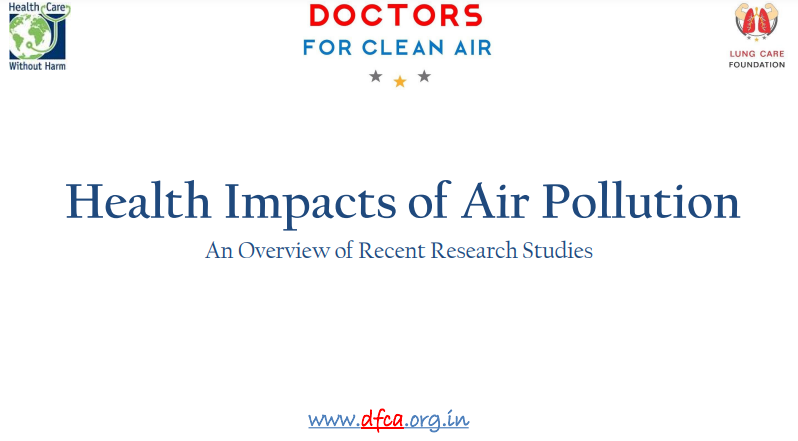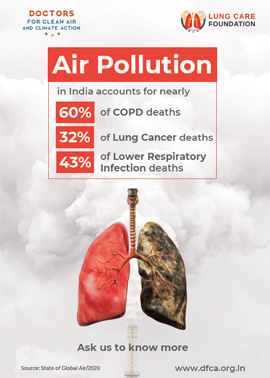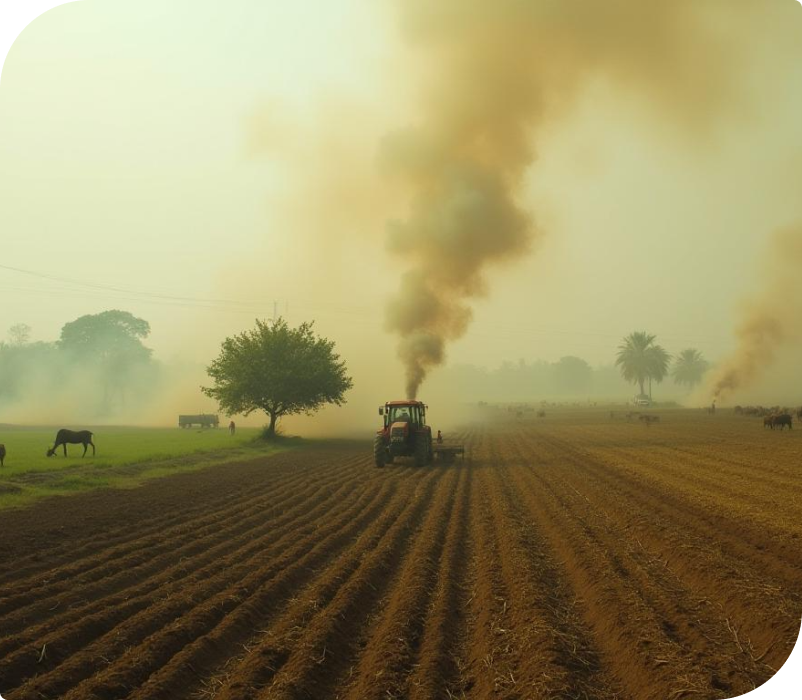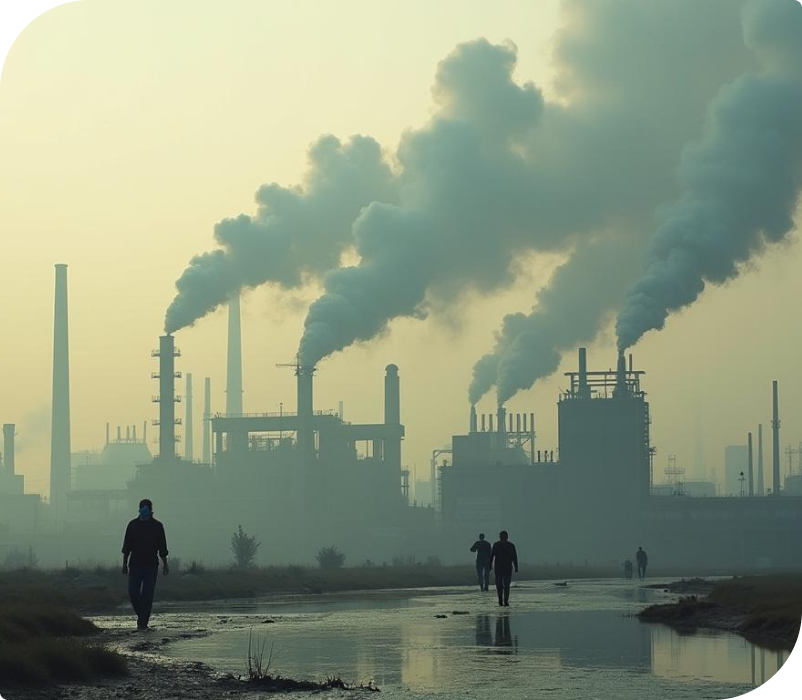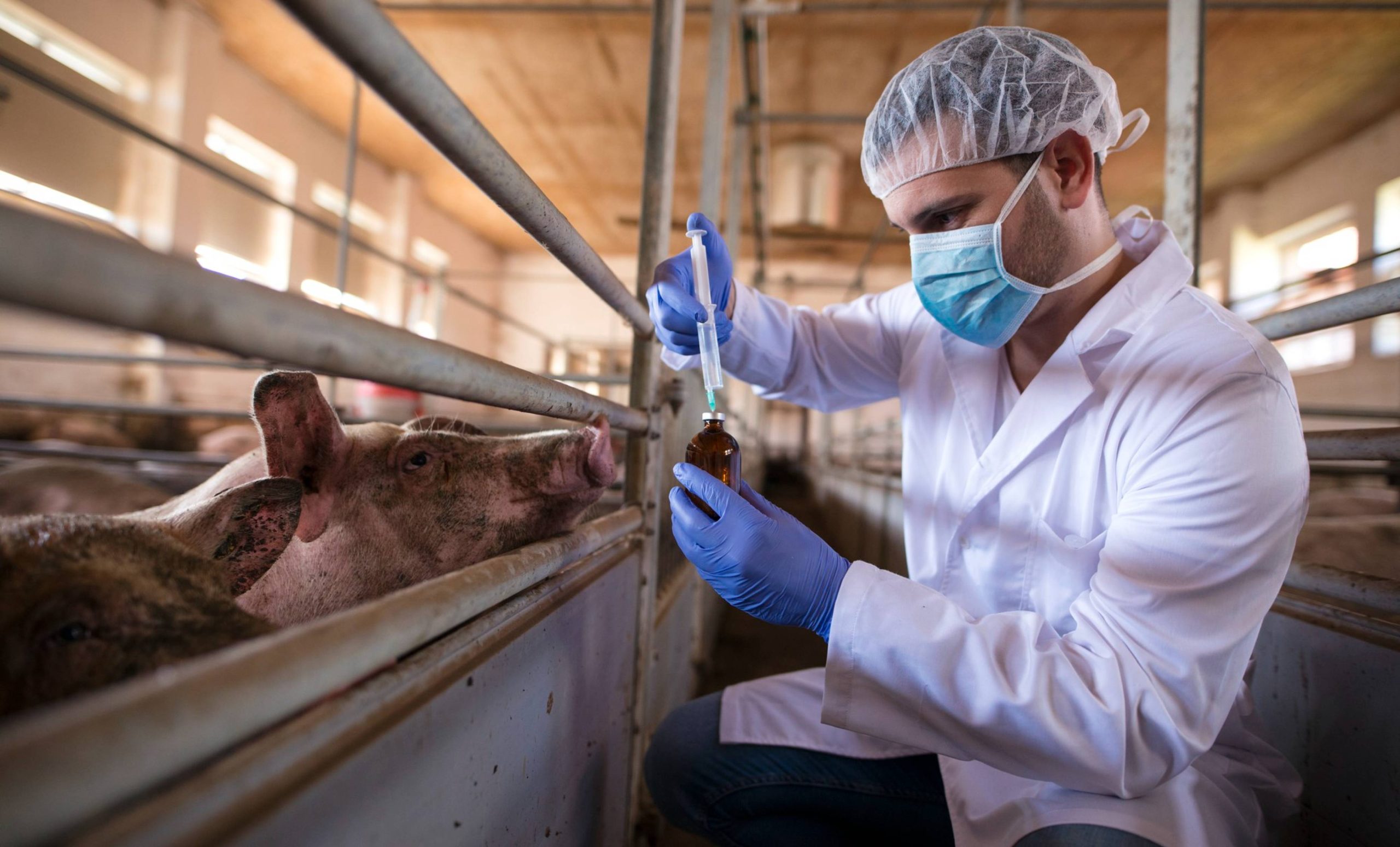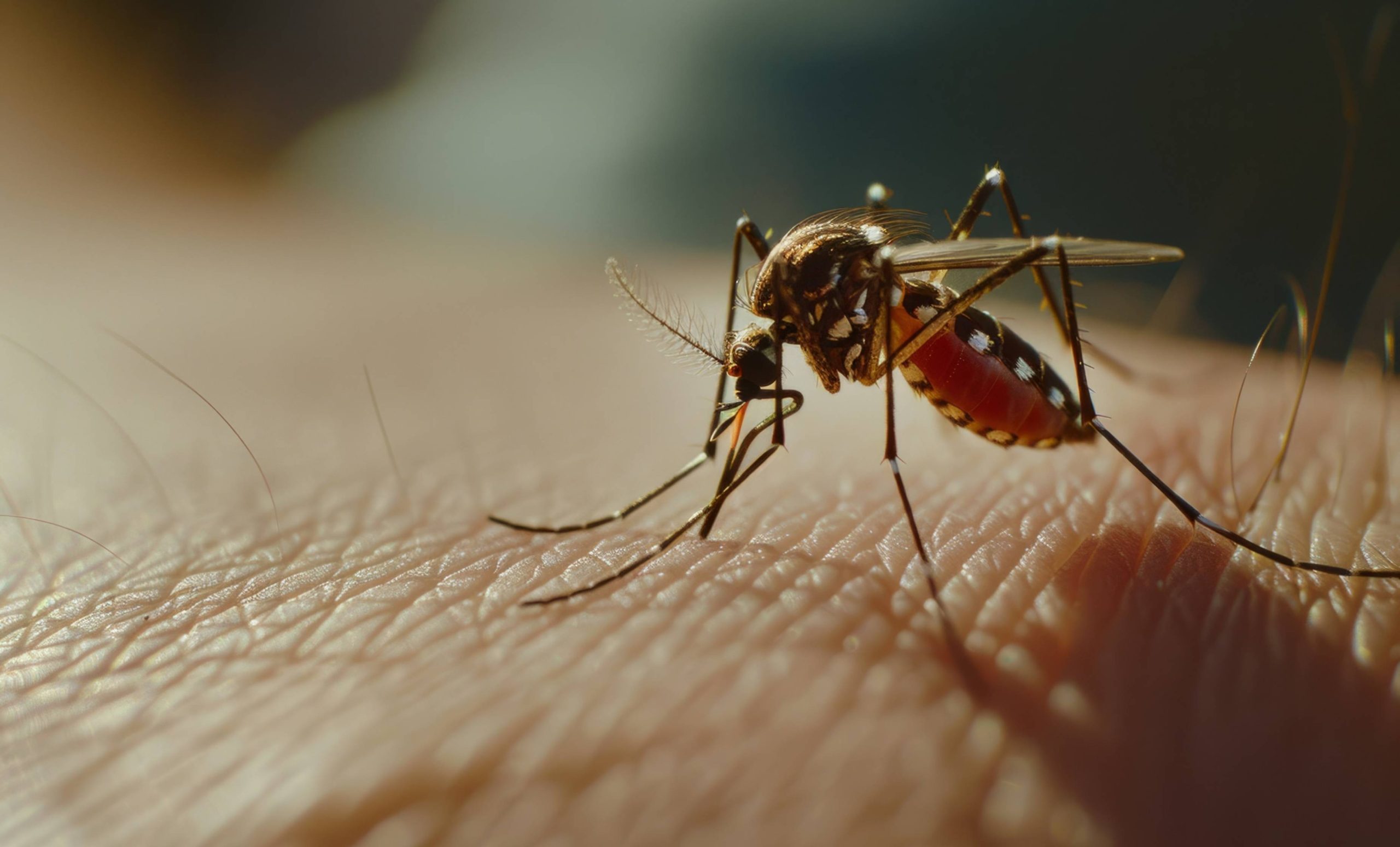Climate Change and Health
What is Climate Change?
Climate change refers to long-term alterations in temperature, precipitation, and other atmospheric conditions on Earth. It is primarily driven by human activities, particularly the burning of fossil fuels, which increases greenhouse gas concentrations in the atmosphere, leading to global warming. This warming results in various environmental changes, including rising sea levels, melting glaciers, and more frequent extreme weather events such as hurricanes, droughts, and heatwaves.
Research shows that 3.6 billion people already live in areas highly susceptible to climate change. Between 2030 and 2050, climate change is expected to cause approximately 2,50,000 additional deaths per year from undernutrition, malaria, diarrhoea, and heat stress alone. The direct damage costs to health (excluding costs in health-determining sectors such as agriculture and water and sanitation) are estimated to be between US$ 2–4 billion per year by 2030.
Causes of Climate Change
- Fossil Fuel Combustion: Burning coal, oil, and natural gas for energy releases significant amounts of carbon dioxide (CO2) and other greenhouse gases, which trap heat in the atmosphere.
- Deforestation: The removal of trees reduces the planet’s capacity to absorb CO2, exacerbating the greenhouse effect.
- Agricultural Practices: Certain farming activities emit methane and nitrous oxide, potent greenhouse gases that contribute to warming.
- Industrial Processes: Manufacturing and industrial activities release various pollutants, including CO2 and chlorofluorocarbons (CFCs), which harm the ozone layer and contribute to global warming.
Health Impacts of Climate Change
Our Resources
